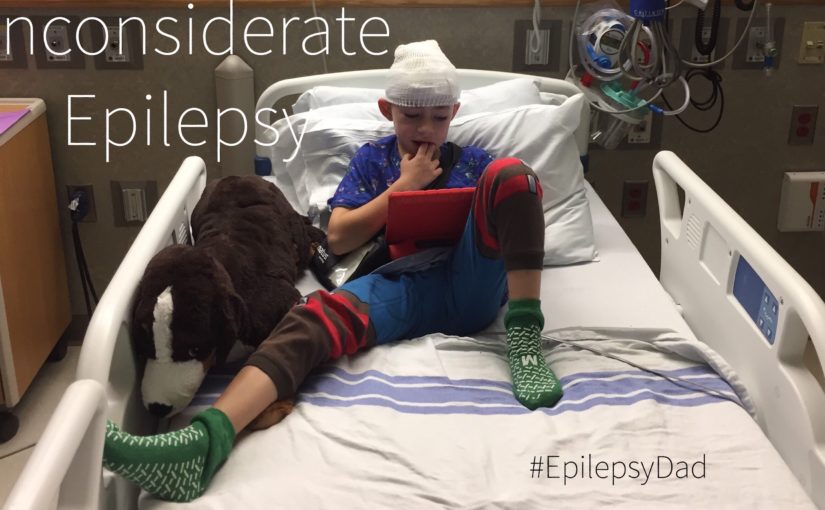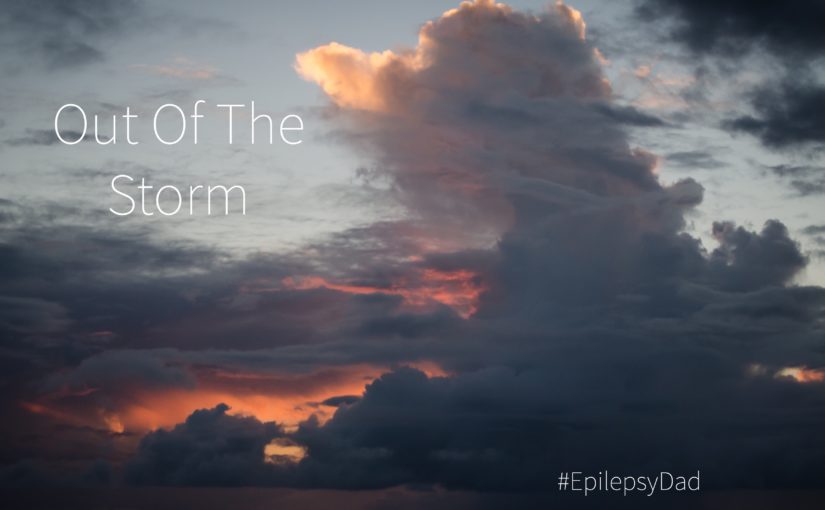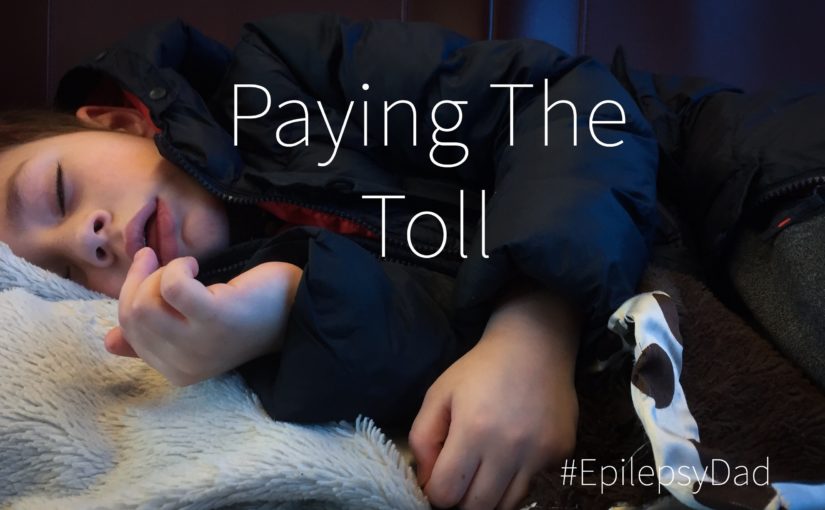It was a few days before a big meeting that I was organizing at work. I was pulling together the leadership teams involved with a project that I am working on to talk about our progress. It was a big deal and I wore my anxiety like a jacket. Even if I wasn’t preparing for the meeting, I was thinking about it. I was stressing about it.
The meeting was on Tuesday. On the Sunday before, we were having a good day. We saw a movie. My son went to the park with a friend and I worked on my slides for the meeting. That night, though, my son started to act strangely. He was skirting boundaries. He played with an outdoor ball in the house. He started to play a little too dangerously with his foam baseball bat. I asked if he was okay and which way his brain was going and he said he was fine and that his brain was going forward, but I sensed something was off.
When it was bedtime, my wife started to get him ready and I fired up the laptop to work on my presentation. But when she asked him to clean up his toys, he started to throw a fit. It escalated quickly and before I knew it, I was sitting on the ground holding him. We tried to work on his breathing exercises and his coping skills but he was past the point of listening.
He was trying to hit us, spit on us, and calling us by our first names and saying mean things. For more than thirty minutes, I sat on the floor, holding my son, trying to comfort him. A few months ago, these episodes were happening all the time. Now, they are rare. But whether they are constant or rare, the impact of seeing your son struggle with his emotional regulation and become someone else is painful. After he finally came out of it and we put him to bed, I tried to work on my presentation, but I couldn’t. I was so shaken up.
The next day, I went to work thinking about the night before and also stressing about the meeting that was now only a day away. It’s not easy to go in the next day and tune out the night before. It’s the same when he has more seizures during the night than he normally does. I show up to work stressed and tired but try to focus on my work. I just hope it doesn’t happen on a day where I have to be “on.”
Epilepsy doesn’t care what else you have going on. Epilepsy didn’t care about my big meeting. It doesn’t care that we’re on vacation. It doesn’t care that we have plans.
My son had seizures on the baseball field. Seizures in Hawaii. At Disney world. A seizure in the pool. At school. But it’s not just seizures, it’s the overmedicated, the behavioral issues, the fatigue. Epilepsy and its entourage can show up anywhere, anytime.
When it does, you can’t send it away. Everything else gets pushed down the priority list. You have to deal with it right now.
And then, after you are done dealing with it, you figure out how to transition out of crisis mode. You go to work or you go to school and figure out how to go back to normal.
“Normal”, as if it’s a different place. But it isn’t. This is our normal.


